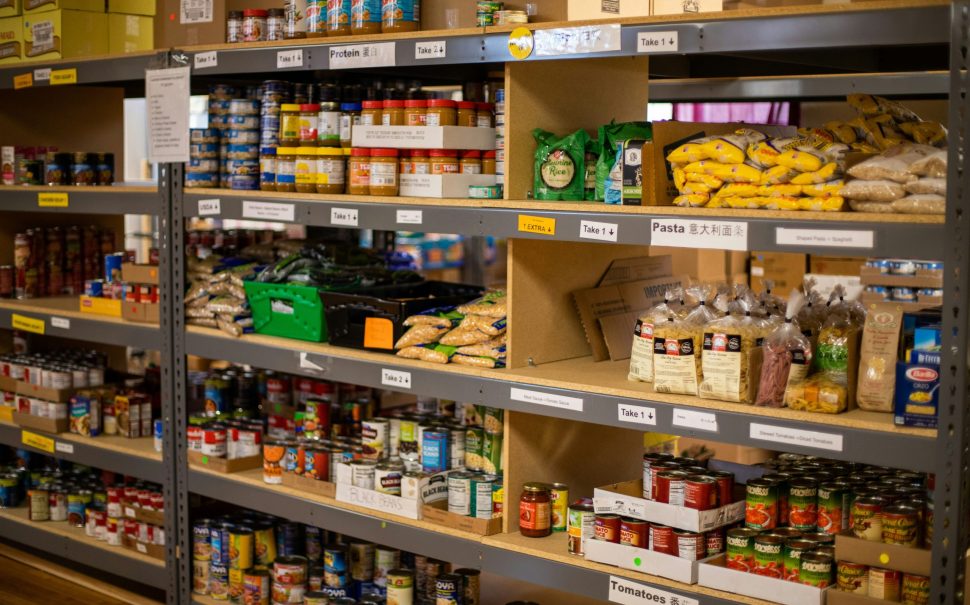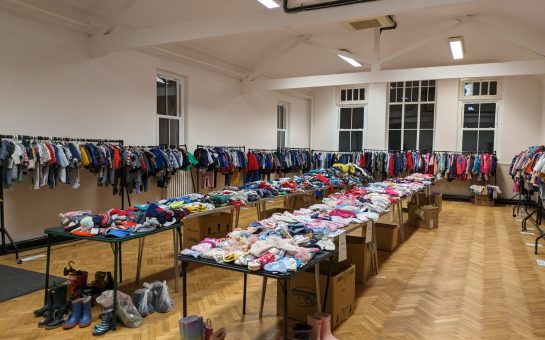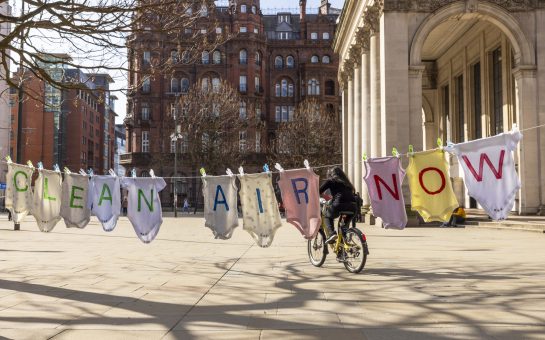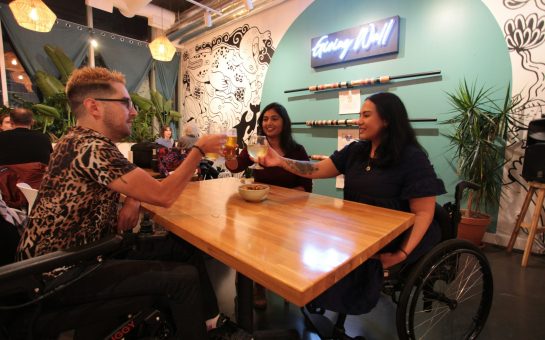Manchester food banks are ‘frightened’ by the impact of the government’s welfare cuts.
In Wednesday’s Spring Statement, Rachel Reeves announced changes to personal independence payment and universal credit which are designed to save £5bn a year by the end of 2030.
The DWP’s impact assessment estimates that 3.2 million families will lose out financially, potentially increasing the number of people who will turn to food banks for help.
Pressure on food banks has risen in recent years, with the Trussell Trust distributing 167,000 parcels across the North-West between April and September 2024 – a 47% increase in five years.
Reeves’ announcement sparked a backlash among charities and food policy experts, with one describing it as ‘shocking and appalling.’
At the same time, organisations like Humans MCR continue to provide support, having delivered more than 130,000 meals since they were founded in 2019, working to tackle food poverty by providing access to food across Greater Manchester.
Lewey Hellewell, the founder and CEO of Humans MCR said: “We’re frightened by what might be coming down the line.
“One of my fears is that we’re moving into a period where our focus is going to be about putting food on tables and not focusing on our objective around reducing cycles of generational poverty.
“And that’s really important to us.
“We came into this to offer people a sustainable way forward and a hunger free future and I’m not sure that we can start to work on that.”
Between April 2023 and March 2024, the Trussell Trust distributed more than 3.1 million emergency food parcels – a record amount and nearly double that of five years earlier.
A recent report titled ‘The Broken Plate 2025’ by ‘The Food Foundation’ found one in seven households are food insecure, including seven million adults and three million children.
Beatrice Orchard, senior policy and public affairs manager at the Trussell Trust said: “We’re really shocked and appalled that the Chancellor has confirmed these brutal cuts to disabled people’s social security.
“There is a real risk when the government cuts income of millions of households and push thousands more people into poverty, then more will need to use a food bank.
“They are already stretched and will absolutely continue to work in their communities to provide emergency food and practical support to people who need their help.
“But it’s not right that the government is making moves to increase the number of people likely to need their support.
“They will strive to meet that that need, but this is likely to make it harder.”
Personal independence payment is paid to more than 3.6 million people with a long-term physical, or mental health condition across the UK.
There are two components: daily living for those with a long-term physical or mental health condition or disability and a mobility part for those who struggle with everyday tasks.
Under the reforms the daily living aspect will be tightened, which the Office for Budget Responsibility predicts will affect 800,000 people.
And universal credit, which is paid to 7.5 million people, will also be slashed.
By 2029, affected families will lose an average of £1,720 per year, plunging 250,000 people, including 50,000 children into poverty.
Martin Caraher, a professor of food and health policy at the Centre for Food Policy at City, University of London spoke of the impact Reeves’ cuts will have.
He said: “This government and the previous government have handed over food welfare to food banks who are suffering from over demand and a lack of food donations at the moment.
“They’re creaking at the seams.
“The whole food banking system has allowed the government not to look at food welfare because they just offloaded it onto the food banks.
“The food banks can’t deal with the underlying cause, which is income.
“There’s a recognition from the food bank movement that this is bigger than them, it’s a problem bigger than what they’re doing.
“And there’s a hidden consequence in this, which is a rise in ill health and we’re going to have to pick it up in the NHS and that’s just not being factored in.”
At the same time, organisations like Humans MCR are working to address these broader issues, offering services like a food bank, community grocer and educational support.
Hellewell added that the demand for food banks has increased every year.
He said: “The costs of running that service have gone through the roof and that’s been hugely challenging for us as an organisation because funders haven’t recognised the cost of living in their funding.
“There has been no uplifts, so we’re doing a lot more with either the same or a lot less money.
“And our demographics have changed.
“When we came out of Covid, the demographic was the traditional demographic you would expect to be using a food bank.
“And then the cost of living crisis hit and now more than half of the people we support are from households where either one or both adults work full time.”
Feature Image: Photo by Aaron Doucett on Unsplash. Free to use under Unsplash License





Join the discussion